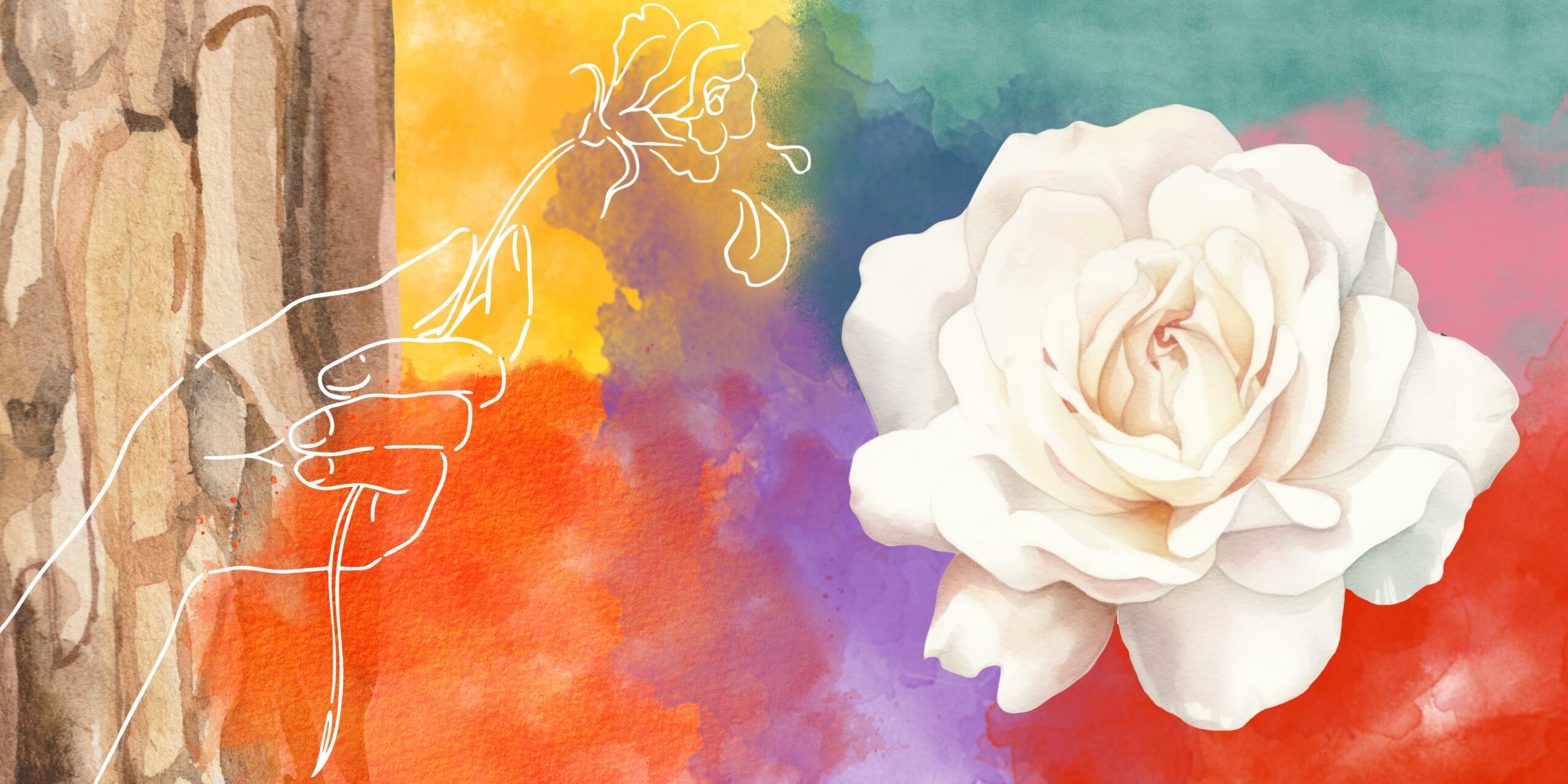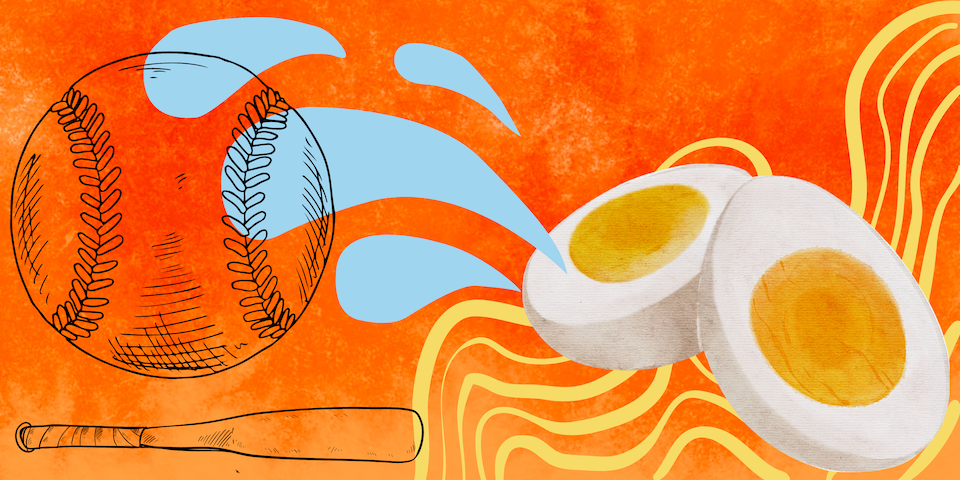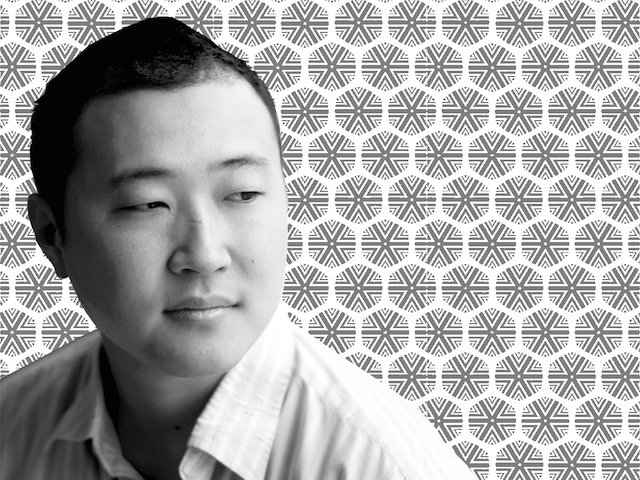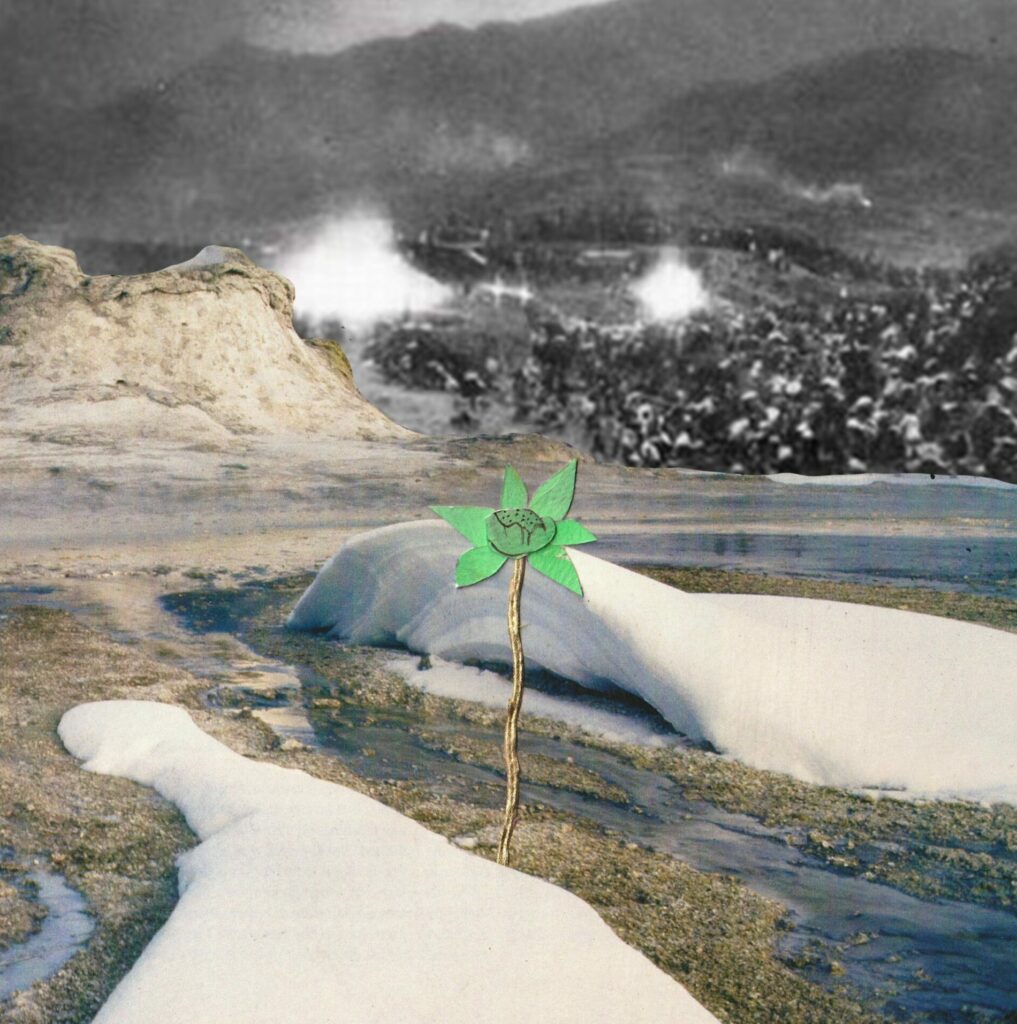before she could contemplate doing something for herself with her time

March 15, 2024
That week, the final week that Zhuli drove to see her mother every day, just after she was released from the hospital, following another surge of the virus, leading hospitals to restrict patients to one visitor per day, despite the fact that the eighty-six-year-old patient in question had three children, one of whom had booked a flight from Taiwan just two days before takeoff in order to be there, because it was her mother’s third major hospital stay in the last year, and how many of those can one be expected to survive? and after days of disheartening prognoses and falling spirits—literally, her child had fallen and now their arm was in a sling, and then Zhuli herself had fallen while walking on dirt trails winding over dry hills, toppling over headfirst, her head miraculously avoiding a tree trunk on one side and a skull-sized rock on the other, and then her mother’s heart rate, read out plainly on the monitor at every moment, had fallen, and then spiked, which was far more dangerous, and then fallen again, and after Chinese New Year had passed and Zhuli and her child had joked, cradling their injuries, that they should’ve taken the new year’s customs more seriously, decking themselves out in red down to their underwear, even though those were traditions that Zhuli had left behind when she left Taiwan, and now even her parents had emigrated, moving in with her at her insistence, so she could take care of them, though that had meant declining the science consultant position she’d planned to take, assuming that she had at least a few years left in her career, and after the break she’d taken between jobs became her early retirement, and after her father’s Alzheimer’s had progressed to the point that she could no longer care for him at home, though no one could fault her for not breaking her back trying—she’d been bedridden for days while her lower back recovered from trying to lift the deadweight of a person whose muscles had forgotten how to contract—and after she’d searched for months for a senior home that could take care of Alzheimer’s patients and that had a staff that spoke Mandarin and that was accepting new residents during a pandemic and that took their insurance, and after she paid out of pocket because there wasn’t time to wait for the bureaucracy of health insurance, and after Zhuli’s mother relinquished her role as caregiver but insisted on cooking still, until her macular degeneration progressed such that she required a magnifying glass to peel garlic, and after she moved into assisted living and ate the same five dishes every week, and after her husband stopped acknowledging the presence of other people, with the exception of some paid caregivers, but not with the exception of her, and after Zhuli’s mother’s heart began to tear in half—the doctors had brought Zhuli this news in medical speak: that the layers lining her mother’s heart were separating from one another—and after Zhuli had a collection of visitors’ wristbands from the hospital—first yellow, then orange, then purple, then green, then pink, then red, then white—her heart had dropped the day the hospital attired her in white—but then had come tan, and unsymbolic blue last—but long before she had the time to think about working again, which she eventually would, turning her enjoyment of wine, the discerning palette she’d cultivated, her training as a geneticist, and her business acumen into a winery whose vineyard was not far from the dry hills near the hospital near the senior home, and before clearing out her parents’ belongings from the room in the senior home on her final trip there, and before calling the funeral home again because they’d misprinted the names on the urns again, and before leaving the sprig of flowers for her and the daim candy for him at the columbarium, and before bowing three times and stopping on the way home so the spirits wouldn’t follow, and before her brother flew back to his home and her sister to hers, and before her child had fully recovered from their fall, and before she felt any desire to walk in the Bay Area’s dry hills again, and before she could contemplate doing something for herself with her time—(imagine, the sole person she was tasked with caring for, herself!)—her mother was out of the hospital, propped on cushions in her bed just opposite her husband’s bed, her heart rate monitor displaying, almost too intimately, how moved she was to be reunited with him, and Zhuli was there with her mother until her mother drifted to sleep early each evening, and her sister and brother were in her burgeoning garden, planting her many bare-root roses, and though those pots were barren now, holding only forlorn-looking, thorny stalks staked in soil, she could imagine the blooms she would have, come summer, and then the following year, when the slower-maturing ones would come in, so that each year her rose garden would grow a little fuller, and a little fuller still.



